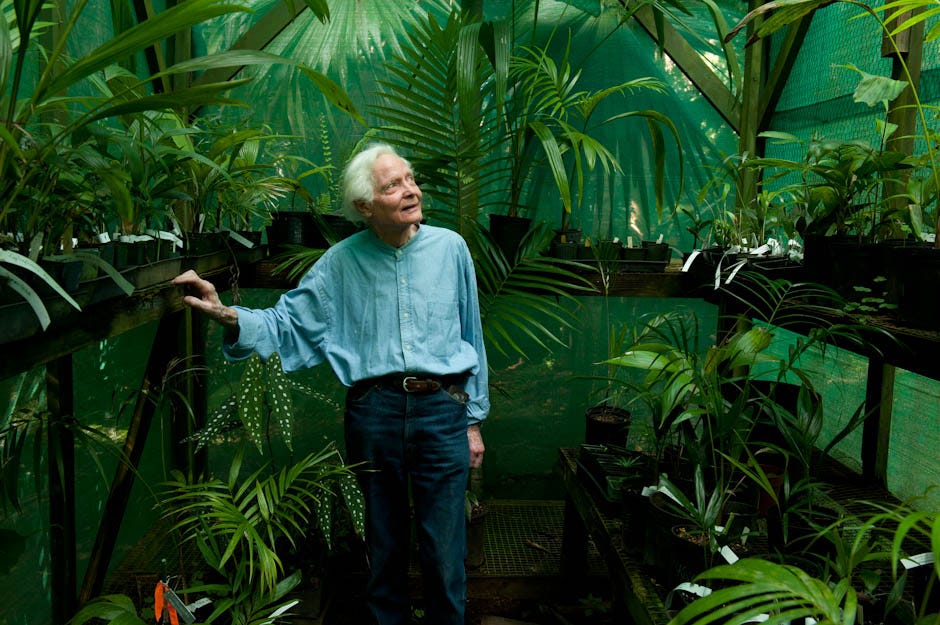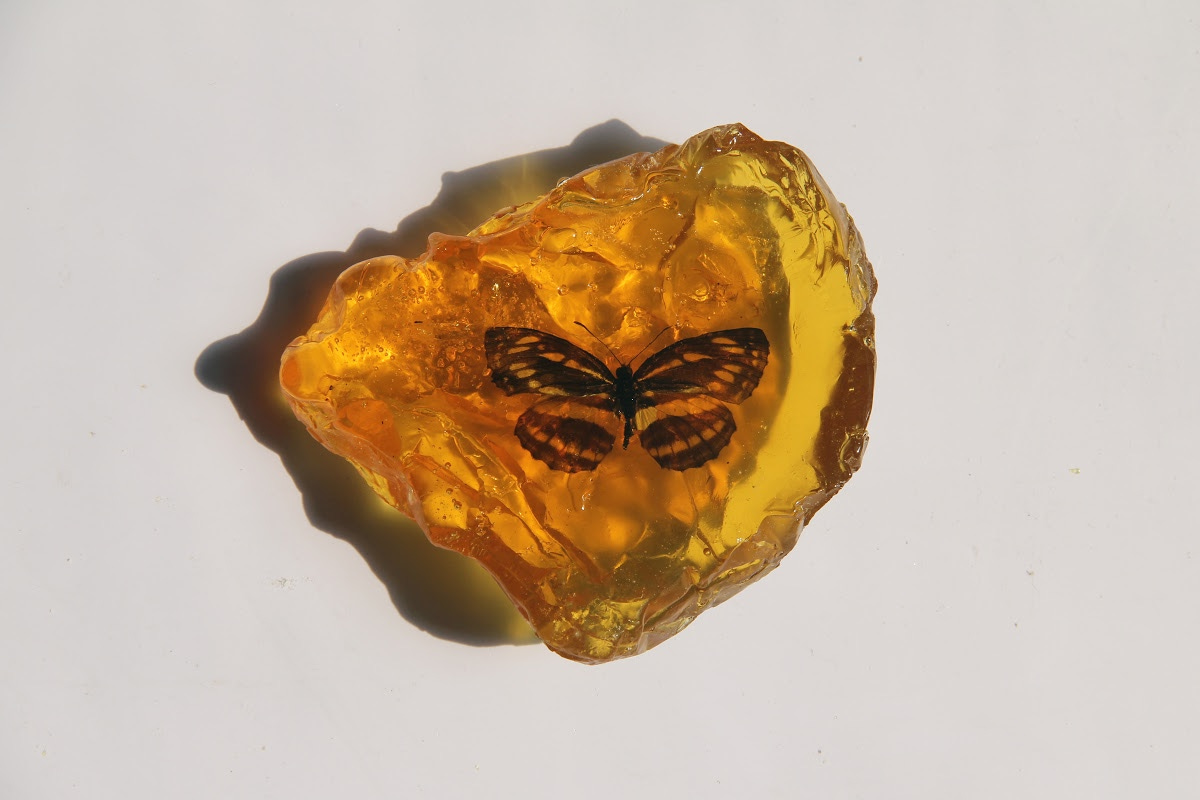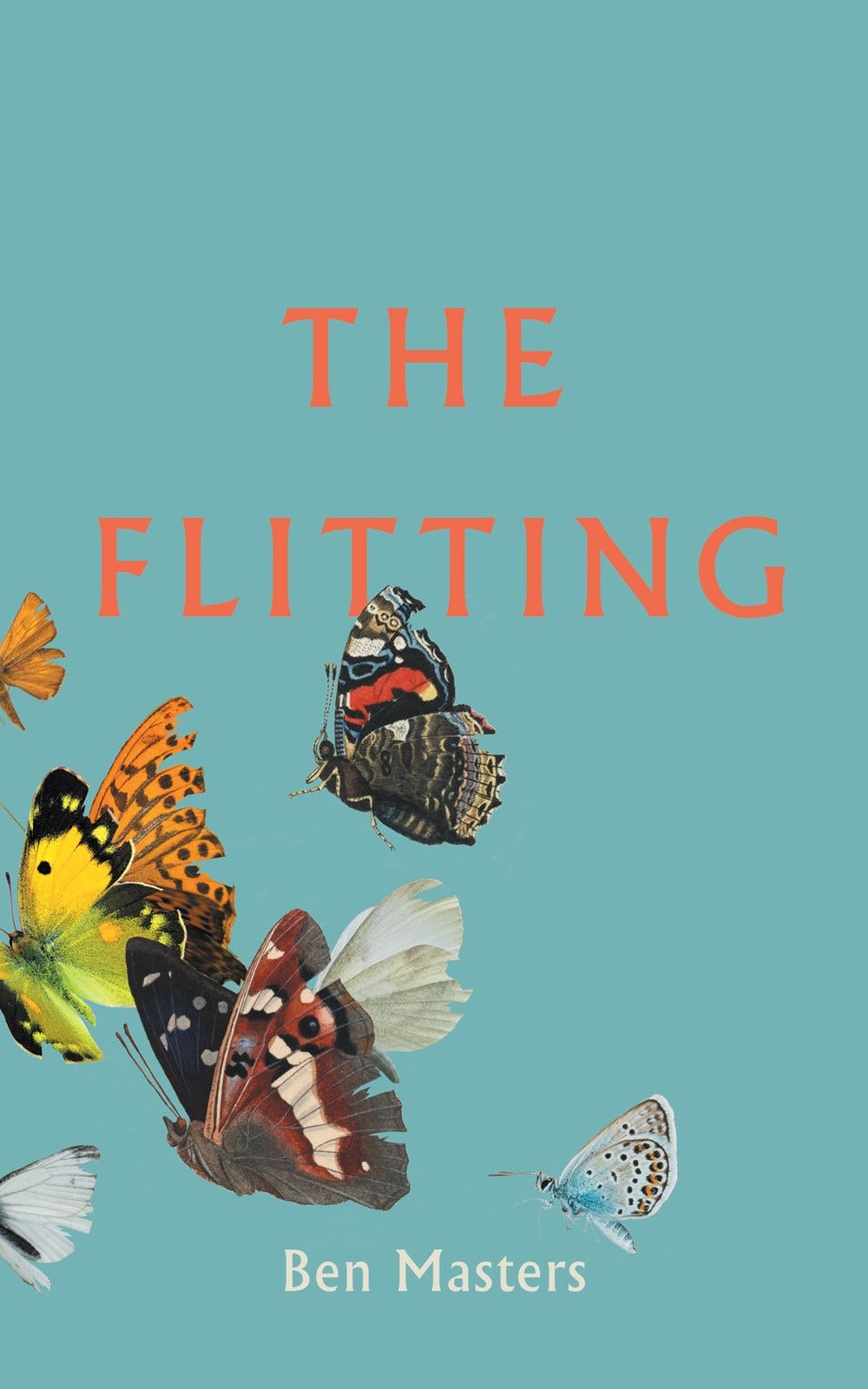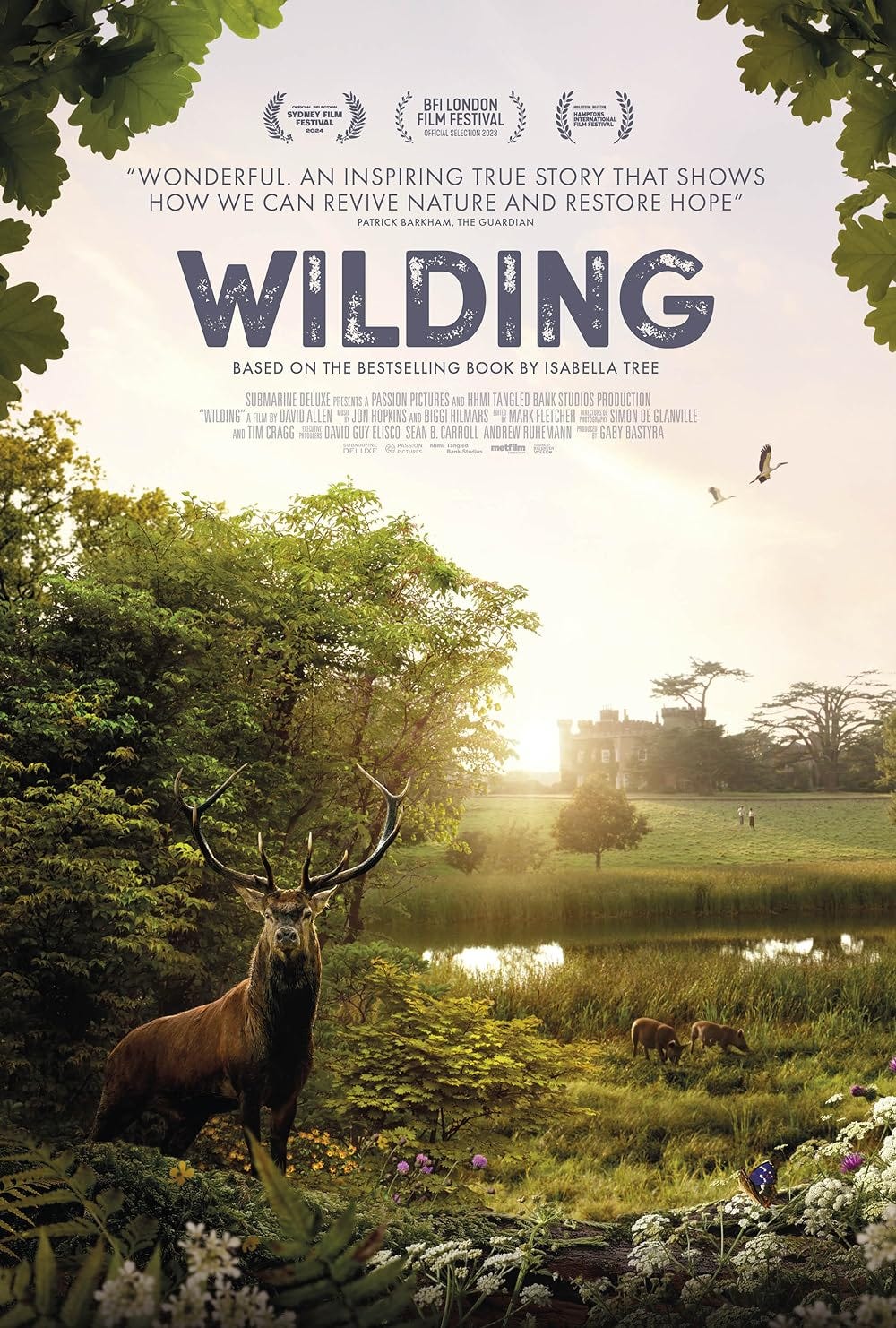
📰 Top Stories
🙌 American Airlines Starts Hydrogen Fleet
🇺🇸 Company pursues using green fuel to power commercial aviation.
Airlines face scrutiny over their carbon emissions and relatively slow transition from fossil fuels. Last week, American Airlines agreed to purchase 100 hydrogen-electric engines. The move is part of the company’s strategy to deliver net-zero emissions across its fleet by 2050. Initially, these engines will only be for regional jets, reducing their flight emissions to solely water vapor. Still, they’re part of the industry beginning to operationalize hydrogen as a potential long-term solution. Read on for a full briefing and a look at the possibilities hydrogen presents for sustainable aviation… | More
👏 Fighting Plastic Pollution in the Philippines
🇵🇭 Initiative in Mabini, Batangas, provides locals with rice in return for trash removal.
This coastal municipality hosts crucial marine biodiversity. To incentivize beach cleanups and reduce ecological harm they’ve started an environmental program where locals collect trash in exchange for rice. Driven by green campaigners and local leaders, the initiative is helping the community tackle the significant problem of waste pollution, particularly from plastics, to enhance marine life and residents’ well-being. Read on to learn more about how the program is cleaning up Mabini’s beaches while providing food security to vulnerable people… | More
☀️ Germany Gives Renters Right to Solar Power
🇩🇪 New legislation empowers renters and apartment dwellers to install solar panels.
In a country where most people rent, the German government last week addressed the challenge of renewable energy access with new legislation that grants apartment dwellers legal rights to install solar panels. Sadly, this move was probably catalyzed more by the aftershocks of Putin’s invasion of Ukraine on energy supply than insightful policy. But the change does align with Germany’s broader strategy to increase renewable energy adoption and reduce dependency on fossil fuels as part of its commitment to achieving 100% renewable energy by 2035… | More
📖 Book release of the week: ‘The Flitting’
A dying naturalist and his son, brought together by butterflies…
When author Ben Masters’ father is bedridden with terminal cancer, he can no longer track the butterfly season he’s followed as a passionate naturalist since childhood. Ben must become his father’s connection to the outside world, observing and reporting back on Purple Emperors, Silver-studded Blues, and all the rest. The problem is that Ben knows little about butterflies or much of the nature around him.
As the days shorten and his father declines, butterflies become a way for them both to navigate the flowering shadows of grief. They offer focal points of color, signposting ways across dark personal terrain: questions of identity and masculinity, memory and loss, generational change and time’s unstoppable progress.
“The Flitting is a dance and a dazzle of a book; at once a moving father-son memoir and the flicker-flitter story of a butterfly chase, in all its actual and metaphorical vibrancy. It tells of a life lost and a worldview discovered.”
~ Robert Macfarlane, academic and nature writer
Masters explores this watershed summer in their lives through evocative biography, natural history, and pop culture. Migrating butterflies fly higher and further than we might first guess. The Flitting does, too, taking us on a tour of an eclectic cultural memory bank, from poet John Clare and novelist Virginia Woolf to Prince, Joni Mitchell, and David Chase’s ‘The Sopranos.’
A while back, scientists discovered that butterflies may be more ancient than we thought. Previously, fossilized rock findings had dated the insects as 40-50 million years old. The discovery of five specimens encased in amber in the Dominican Republic changed this timeline. We now know that butterflies similar to those we see today may have flown over the dinosaurs 65 million years ago.
Master’s memoir brought that discovery to mind. While ‘The Flitting’ does consider the sadness of time passing, it also celebrates the joy available in the present moment if we know where to look and the memories that remain—suspended in amber.
With the steep decline of the world’s butterflies continuing, I can’t help hoping that future generations unearth books like this. They may need reminding that not all of us were blind to these beautiful creatures and the lessons they offer.
Find the book here.
📽️ Screen release of the week: ‘Wilding’
Inside a magical rewilding project at the foot of England…
I was lucky to get to watch the documentary Wilding last week. It’s about a decades-long ecological restoration project in West Sussex, UK.
Currently, ‘Wilding’ has only been released to select festivals worldwide and in some European cinemas for a limited run (hence the long review below), so keep an eye out for it landing on global streaming services. In the meantime, if the project catches your imagination I recommend Isabella Trees’ book, which inspired the film.
Full Review:
‘Wilding’ recaps how Isabella Tree, her husband Charlie Burrell, and their team have transformed 3,500 acres of unproductive farmland on the Knepp Estate into an oasis for wildlife, making a home for many species, including Turtle Doves, which are otherwise close to extinction.
Tree and Burrel’s project starts with meeting ancient oak expert Ted Green, who explains the deep interconnections between habitats and the life they support. A visit to the Oostvaardersplassen Nature Reserve in Flevoland soon follows, where wild cattle and horses mimic the grazing of ancient aurochs. This view of European ecology sees the continent's natural state not as vast swathes of forest but as diverse patterns of habitat shaped by large grazing herbivores and rootling boars.
The Flevoland reserve was itself celebrated in a 2013 Dutch film, ‘The New Wilderness,’ but was forced to close after public discomfort with unmanaged natural die-offs. The project at Knepp also faced decades of tribulation. ‘Wilding’ follows these pushbacks from neighboring farmers and the broader agricultural community, as well as years spent attaining the permissions needed to re-introduce certain species and restore the land. The film showcases the tenacity and long-term thinking required, and the results are masterfully captured on screen. An ancient world, alive in ways long since vanished from most of England’s densely populated and overexploited countryside, is opened up to viewers and visitors alike.
“Ancient Longhorn cattle roaming an untamed landscape. Tiny bugs beavering away in a muddy microcosmos. Actual beavers doing the same in primordial waterways. You’d rub your eyes if you didn’t already know that this was West Sussex, a mild-mannered corner of England a few dozen miles from Gatwick Airport and the M25. It could be the Serengeti or, well, Narnia…”
Phil de Semlyen, Time Out Film Review
The UK has a much longer history of land transformation for human needs than the States. Yet, while Yellowstone was designated as protected land for the nation in 1872, it wasn’t until 1916 that the UK created its first national park in the Peak District. Unlike the States, these parks are relatively small and less ecologically intact than their American counterparts. So, It’s profoundly hopeful to watch species appear as if from nowhere and discover Knepp isolated in a conventional English landscape.
Scenes of re-introduced animals returning to their natural behaviors also remind us of what nature can do when allowed to exist on its own terms. Bred from an ancient lineage, Knepp's pigs create leafy beds for their young on the forest floor. At first, they root up the lawn but avoid the farmland with its depleted soils full of chemicals. Scientists predict it may take a century to rejuvenate the estate’s arable fields, but once re-established, biodiversity achieves it in 10. This restoration starts with earthworms and ends with beavers. Finally licensed and re-introduced, they set to work restoring the natural state of the river snaking through the estate, mitigating downstream flooding, while the first stork born in England for 600 years looks on.
A handful of critic reviews have called the film a ‘puff piece.’ Sometimes, the documentary fails to explain in depth how species affect one another. Due to the circular ecological processes involved, it can feel like the film is continually restarting the same story. But if anything deserves a puff piece, this project may be it. ‘Wilding’ doesn’t promote a delusional or reactionary worldview. Something it could have done very easily, as the couple’s jokes about avoiding using rewilding’s ‘black ops’ prove.
Instead, the film ends by exploring how we could lawfully rewild areas around existing farmland while remaining conscious of food security concerns and rural traditions.
💭 Thoughts for the week ahead:
This edition of Green Box got me thinking about time.
Last week brought several of the year's hottest days so far. Although I managed to water my tomatoes most mornings, they really needed a drink multiple times a day and regular climate control adjustments to survive the heat (opening the greenhouse doors and windows, hi-tech, I know).
Here I am, working on and writing about green issues—and I can’t even keep my garden alive.
These gardening failures meant that the small story out of the Philippines raised my hopes the most this week. We already know the aviation industry needs to transition to green fuels ASAP. Likewise, Germany’s introduction of legislation to level homeowners’ and renters’ access to solar power feels late - brought about more by a proxy war with Russia than an ongoing global war against climate change.
But there’s little evidence that we’ve figured out how to manage our environments at scale, whether through rewilding or hands-on processes. Systems change is needed, including social change driven by individuals.
Imagine hundreds of thousands of people gaining back a day, or more, of their working lives. What might we do with this time?
A local marine conservation story out of the Philippines may seem like small fry, the specifics of it even somewhat problematic. Yes marine life is being protected - but by people who don’t get to enjoy it in the same way as the wealthy tourists who dive the reefs. And although the scheme benefits vulnerable locals, their reward, being helped above the hunger line, would ideally not need to be transactionalized like this.
So, can this initiative really offer scaleable insights into a more sustainable world?
Well, If AI continues to advance across developed countries, many sectors will see considerable gains in efficiency and time. In some industries, this will mean pushing productivity to the max, but in others, there may come a point when more hours are available to workers. One example from a report Salesforce did on the service industry suggests that, even with its current capabilities, generative AI can save workers ~5 hours per week on average, translating to over 32.5 days per year. This links with trends in the West towards four-day work weeks, prophecies of AI causing unemployment and increases in home working.
Imagine hundreds of thousands of people gaining back a day, or more, of their working lives. What might we do with this time?
If we spent one day a week volunteering in our communities and green places, what impacts could we have?
One answer is that childcare, other domestic concerns, side hustles, and hobbies will naturally fill this gap. But another possibility is that this life refund could be a refund for all life, with more of us able to participate in community action for sustainability.
Many countries currently face challenges related to aging populations, loneliness, atomization and polarization. These problems make life worse for us all as individuals. But they also strain our communities, social services and political systems. At the same time, we’re decimating biodiversity and causing rampant pollution, while access to green spaces remains unequal and fraught with environmental issues.
If we spent one day a week volunteering in our communities and green places, what impacts could we have?
Would it provide more opportunities to lessen the social care burden by checking in on elderly neighbors? Or opportunities to volunteer shoulder-to-shoulder with people from different walks of life? Could it offer more time to monitor and care for our environments - increasing community pride and improving mental health conditions?
To be clear, I’m not talking about mandating communist chain gangs or minimizing the work of the many passionate volunteers who already give back despite their busy schedules. My own volunteering is intermittent at best.
Still, I can’t help but wonder how we might leverage emerging opportunities to spend more time on important things.
At the end of Green Box’s first ten days on substack, many of the brief conversations I’ve had with the thoughtful community here have been about time - from discussing the pressures on ecologists tasked with being changemakers on the ground to the hours sucked out of us into the cloud by addictive algorithms.
This week’s book beautifully illustrates that connecting with other species and each other requires careful attention over lifetimes. The documentary shows us that ecological restoration takes decades - so how might adopting a rewilded mindset towards time inform our broader efforts to improve the world?
As the American poet W.S. Merwin discovered, direct observation and action over years can make us happier than days spent dealing in abstracts.
Unshackling our time from technology using technology might just mean our tomatoes survive.
“The time of wisdom cannot be measured, and for me, wisdom is the garden. There is no time in the garden.”
~ W.S Merwin, in conversation with John Kaag







Beautiful post, thank you.
Great post!